It’s that time of year again— kids are headed back to school, and reminders to get my flu shot are everywhere. Which means, like clockwork, the questions, DMs, and emails have begun flooding my inbox: “What should I do about sleep when my child is sick?”
Here’s the thing about illness and sleep: there’s a fine line when it comes to the best way to “deal” with it. In most cases, sleep truly is the best medicine. It not only helps your child recover faster, but it also helps build immunity to fight off future illnesses. The more your child sleeps when sick, the quicker their body will respond and fight off infection.
With that in mind, here are my unofficial rules when it comes to sleep and illness:
Rule 1: The More Sleep When Your Child Is Sick, the Better
Any schedule or semblance of a sleep schedule you have should go right out the window while your child is sick.
If your child wants to sleep in, catnap all day, or sleep most of the day when they are sick, let them. The more sleep, the more time your child’s body will spend repairing itself.
Rule 2: When in Doubt, Feed
There’s no such thing as feeding your child too much when they are sick. Just because they haven’t fed during the night in months doesn’t mean they aren’t entitled to a night feed (or several!) while they are sick.
There are a whole handful of reasons why your child might need more feeds while they are sick:
- Respiratory illnesses make it hard to breathe. Imagine pinching your nose shut and trying to drink through a straw. You would fatigue pretty quickly, even on a good day. The same goes for your child. When they can’t breathe through their nose, it is normal for them to take more feeds that are smaller in size.
- Gastrointestinal illnesses can lead to dehydration, which can lead to the need for increased fluids.
- Feeding (the sucking pattern) releases a hormone called oxytocin. Oxytocin can help your child feel calm, happy, and less stressed. It can even reduce feelings of pain.
Some of these excess feeds may happen at night and it might cause some reverse cycling, but that’s not a reason to put your child’s health on the back burner. Feed your child when they need to be fed, it will be okay, I promise!
Rule 3: Manage Sleep According to Symptoms
There’s the “tiny annoying cough and slightly runny nose” kind of sick, where sticking to your usual routine as much as possible is generally best. Then there’s the “I must sleep with my head elevated or I can’t breathe” kind of sick, where all bets are off.
When you are dealing with respiratory issues and can’t breathe, you are absolutely miserable. You just want to hug your pillow and cry; all you want is your bed (or maybe your mom) and to catch sleep wherever you can get it. The same holds true for your baby. They want their mom and to find a position comfortable enough that they can catch any sort of shut-eye.
In this case, you’re going to have to do some things that don’t fit neatly into the perfect sleep protocol. And THAT’S OKAY! Do what you need to do to help your child get the sleep they need to heal. Your child’s health is your number one priority, so don’t worry about “starting bad habits.” You may in fact start new and potentially even “bad” habits, but that is a problem for later.
Rule 4: Trust Your Gut When Your Child Is Sick
At the end of the day, no one knows your baby better than you do. If something is wrong, no one knows how to care for them better than you do. Do what you need to do to nurse your baby back to health.
Once they are feeling better, get back to business. Depending on how long your child was sick for, new habits may have been formed, but this is life, friends. Get naps back on track, move feeds back to daytime hours only, transition out of the rocking chair and back to the crib. This probably isn’t going to happen overnight, but it shouldn’t take more than a few days.
Having a “good sleeper” isn’t about sleeping 12 hours overnight every night for the rest of time. Having a good sleeper means adapting to the ebbs and flows of normal life while maintaining good habits at the core.
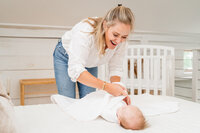

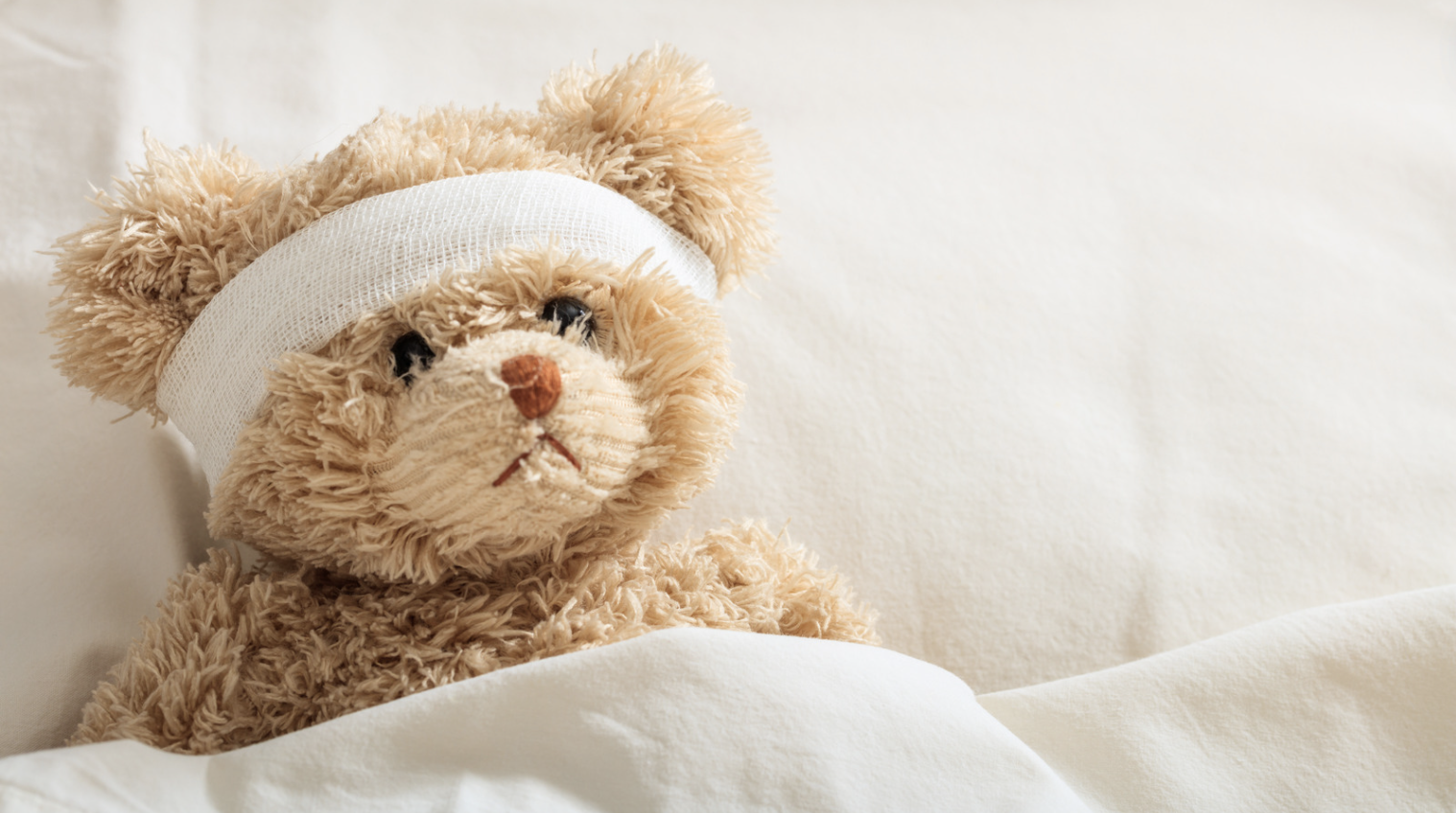





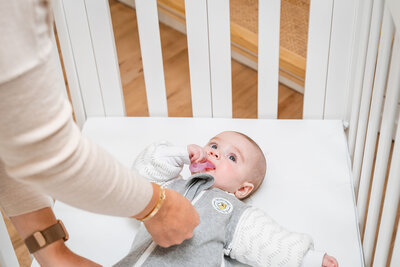
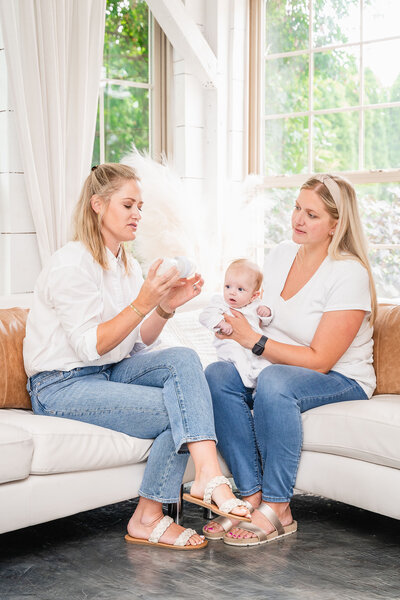
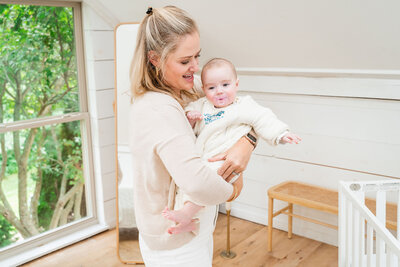
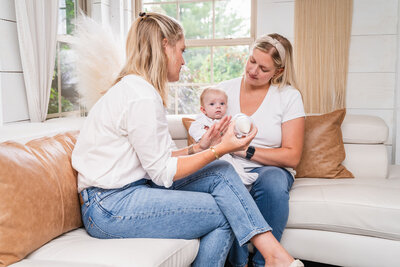
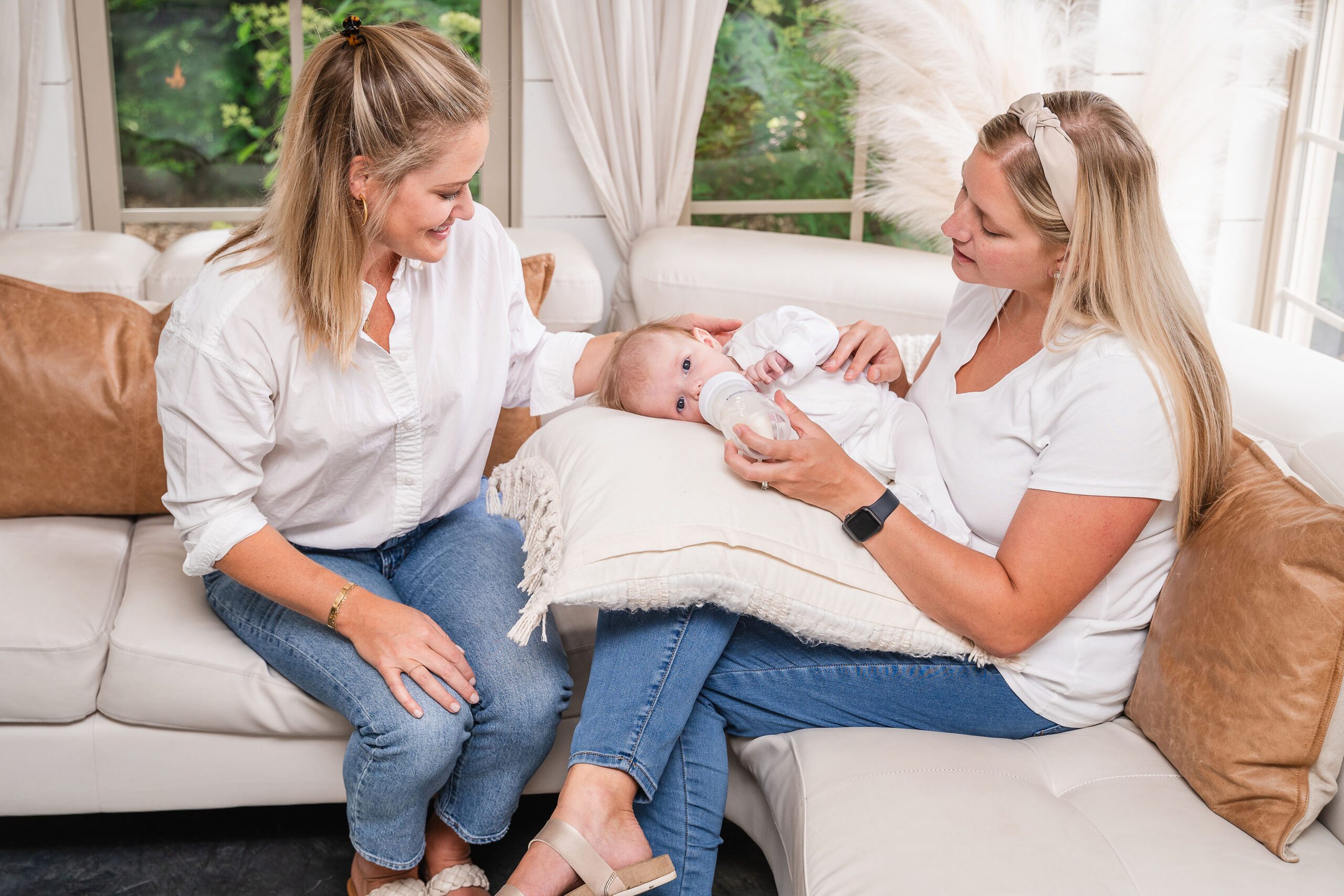
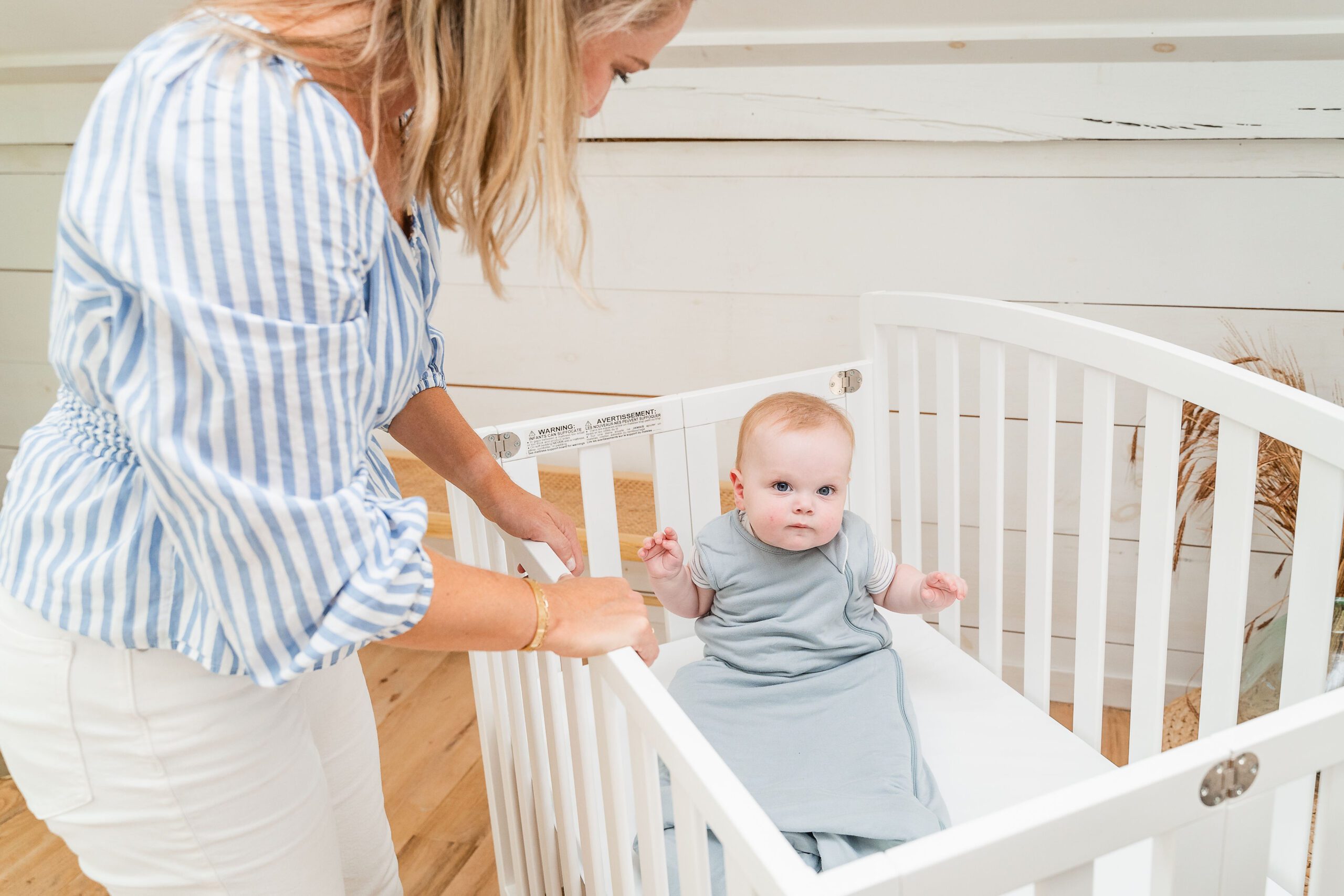
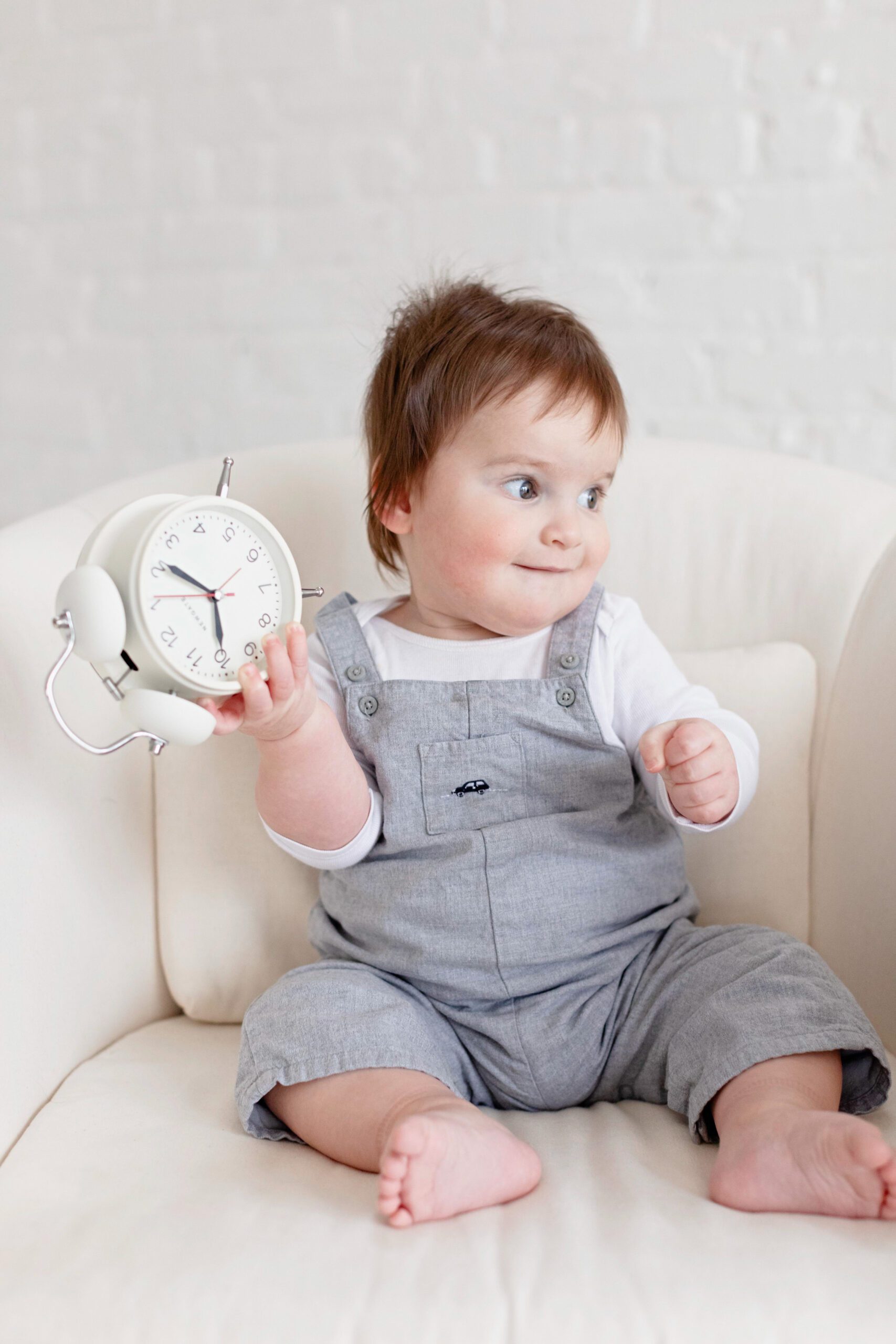

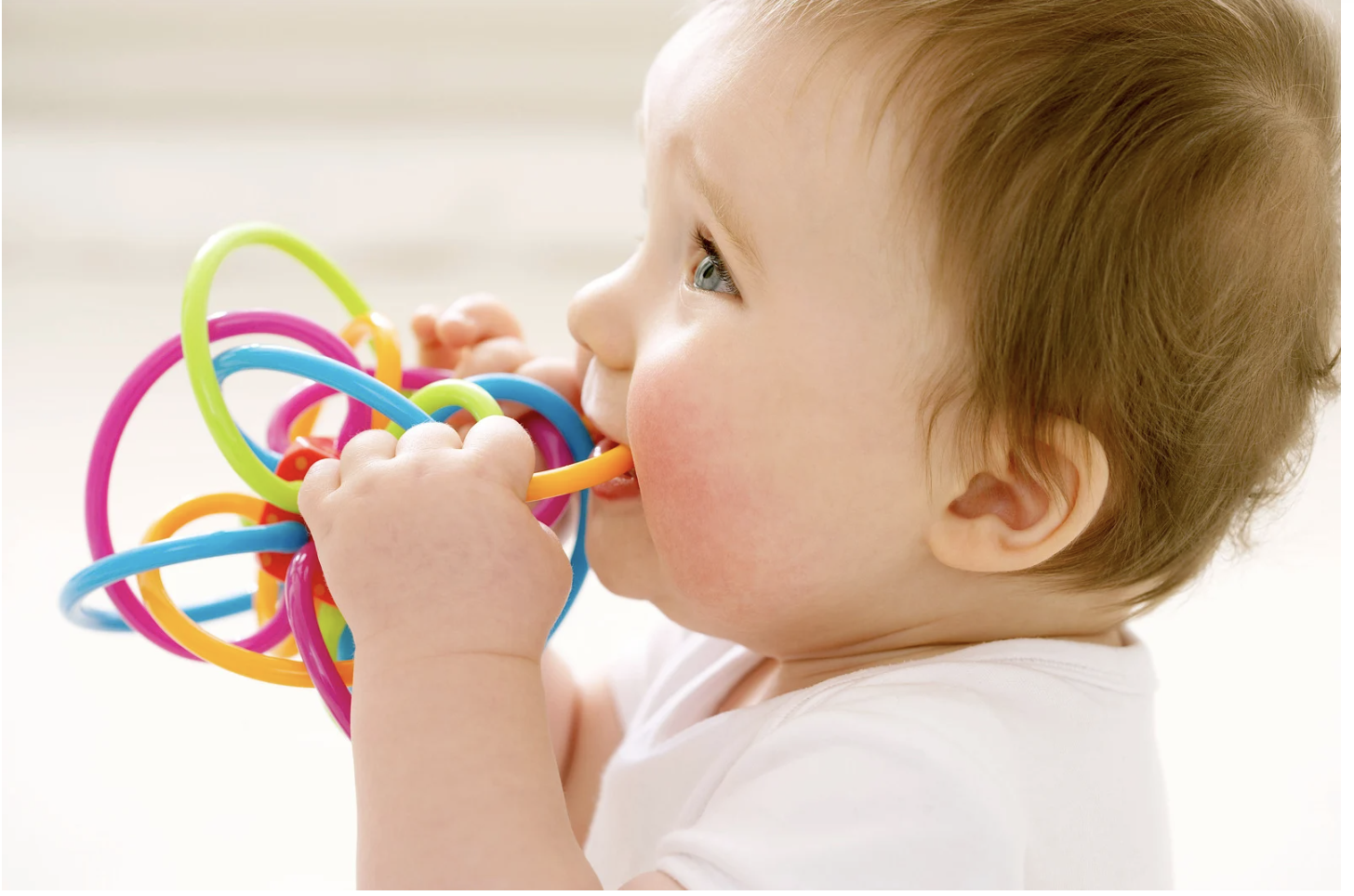
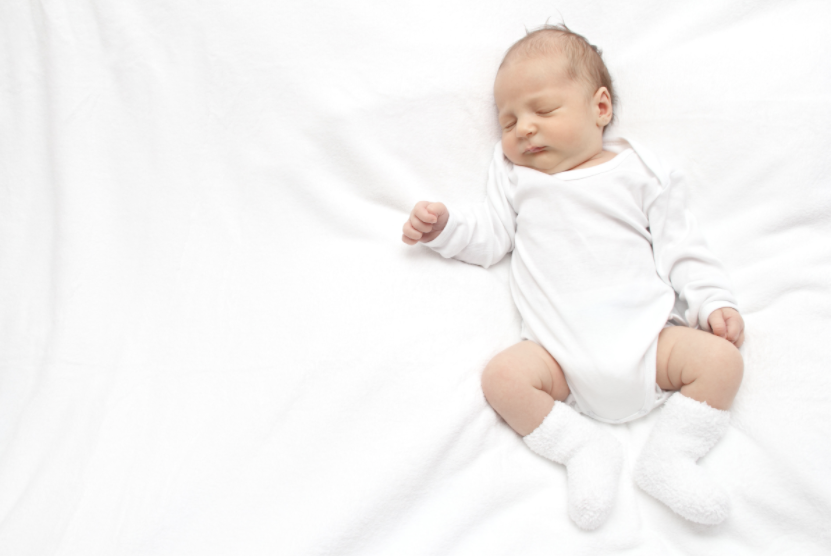


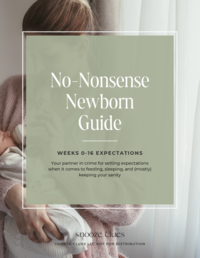
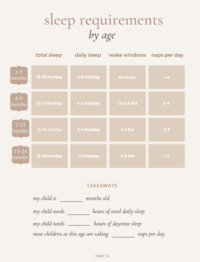
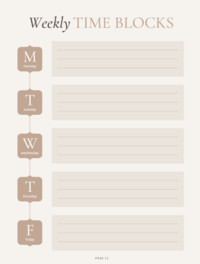
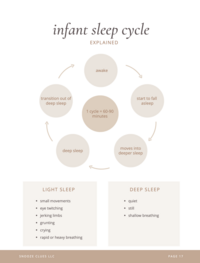



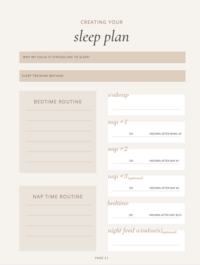
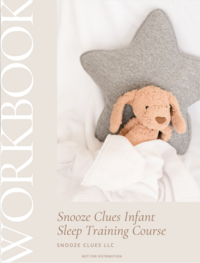
Read the Comments +